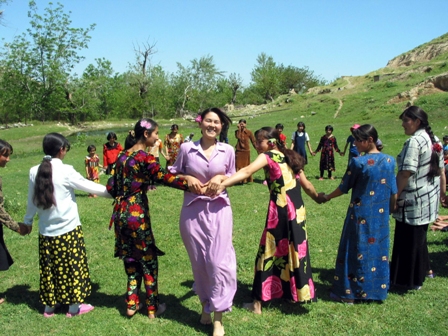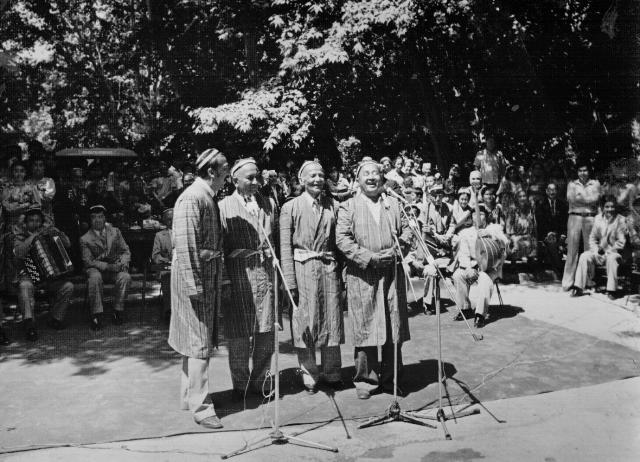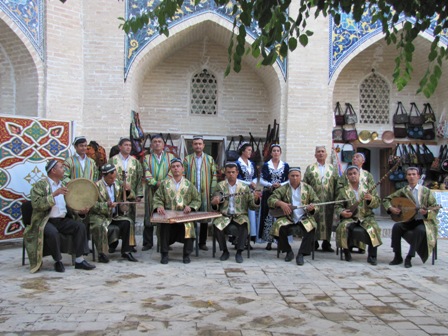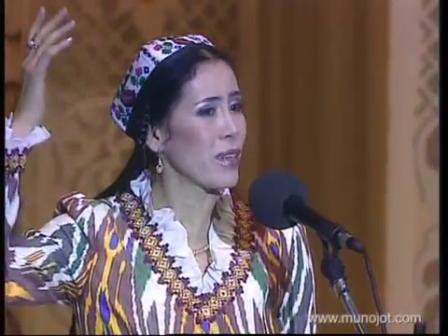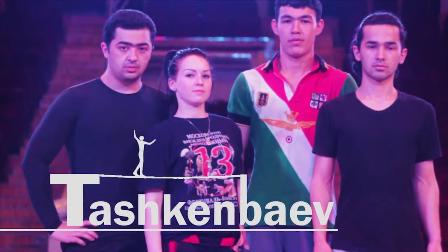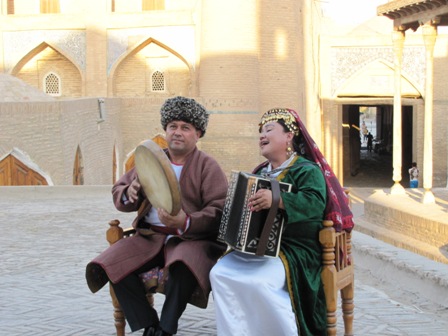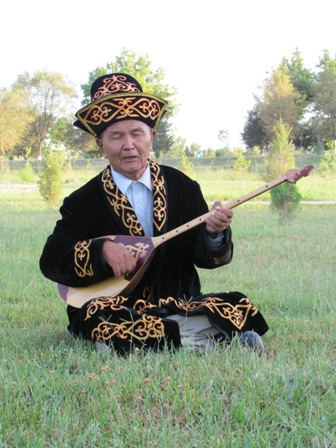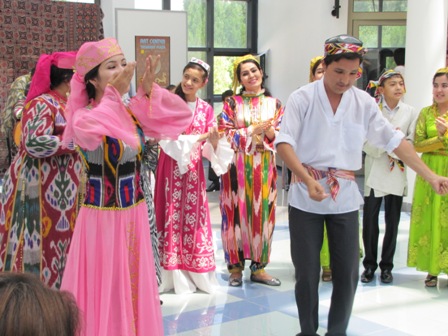Ramadan
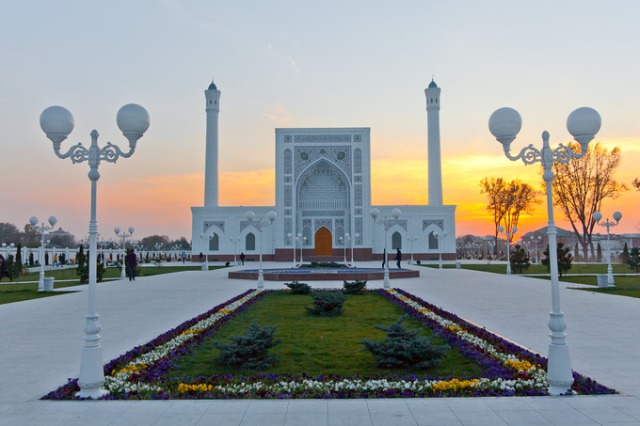
Domain: Social Practices, Rituals and Festive Events
Index Number: 03.02.04
Ramadan is the ninth month in the Muslim lunar year. In Islamic religion it is believed that Allah began revealing the Koran to Muhammad in this month. For this reason the month of Ramadan is considered as the holy one, and it is during this month that Muslims are obliged to keep the fast.
Ramadan, which was considered among pre-Islamic Arabs as one of the four holy months, initially fell on summer. Also, on the eve of the spread of Islamic religion there existed a tradition of doing good deeds (tahannus) during the month of Ramadan in Mecca. The Koran was revealed to the prophet Muhammad on the night before 27th day of the month of Ramadan (Laylat al-Qadr). And fasting during this month was initially prescribed in the 2nd year of hegira.
In Muslim countries the traditions and rituals associated with the month of Ramadan are observed based on the own customs and traditions.
During the month of Ramadan songs associated with Ramadan were performed as well. As such, after sunset little boys and girls, by walking in the streets and wishing everyone well-being, children and grace, glorified holiness of the month of Ramadan. The house owners, in their turn, gave breads, sweets, money, clothes and other types of presents to these girls and boys, who were singing Ramadan songs.
Ramadan songs consisted of the traditional beginning, in which qualities of Ramadan and house owners were praised and the conclusion, in which blessings were expressed. The traditional beginning represented the following:
Assalomu alaykum el oghasi,
Oltindan bolsin otingning toghasi,
Kumushdan bolsin eshiging bosaghasi,
Kichkina oghil bolsin otoghasi,
Rozani tutib keldik eshiginga,
Khudoyim oghil bersin beshiginga,
Chighaltoyday qiz bersin nasibangga.
Good day elder brother of the nation,
May harness of your horse be of gold,
May your doorstep be of silver,
May your young son be the guardian of the hearth,
By fasting we came to your doorstep,
May God give you a son to put in the cradle,
And daughter like Barchchinoy to see in your fate.
It bears mentioning that in every place of Uzbekistan there are own peculiar versions of Ramadan songs. According to some researchers, Ramadan songs emerged on the basis of Boychechak (snowdrop) songs, and transformed into a separate genre. And as the proof they refer to the hemistiches, which are found in some versions of Ramadan songs. For example, the following beginning of Boychechak (snowdrop) song reminds that of Ramadan songs:
Boychechak aytib keldik eshigingizga,
Qochqorday oghil bersin beshigingizga...
Boychechak song we sing in your doorstep,
May God give you a ram-like son to put in the cradle ...
Although contemporary Ramadan songs and their motifs are associated with Islam, the month of Ramadan and fasting (which is observed during this month), there is a feeling that they already became traditional before arrival of Islamic religion. Also, the procedure which is followed in conducting Boychechak (snowdrop) festival, similarity of motifs and forms of Boychechak (snowdrop) songs to that of Ramadan songs, existence of some traces of Boychechak (snowdrop) festival in the verses of present-day Ramadan songs – all these seem to support the above-mentioned feeling (see: Boychechak (snowdrop) festival):
Yo rayban, yo rayban, yo ramazon,
Sadaqa deb yurdik kechdan azon.
Qashshoq bob qaqshaganlar donga toling,
Boychechakday ochilib gulli boling.
Kelasi oyu yillar biz kelganga,
Qush kokili qoshilgan ulli boling!
Oh Rayban, oh Rayban, oh Ramadan,
For alms we wandered from morning to evening.
May the suffering from poverty have abundance of grain,
Flourish like a blooming snowdrop.
And when we come next month or year,
Be with the son, who has bird-like locks!
Preservation of the wish "Boychechakday ochilib gulli boling" ("Flourish like a blossoming snowdrop") in this blessing is not just a simple coincidence. As a rule, each year the month of Ramadan moves to 10 days. As such it falls on different times of year. But snowdrop blooms only in early spring. Therefrom it can be concluded that with a lapse of time the procedure, which is followed in conducting Boychechak (snowdrop) festival and its songs transformed into the songs of Ramadan. Despite this fact, both continue to exist together in some places of Uzbekistan.





